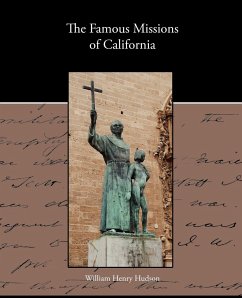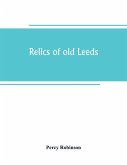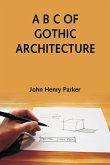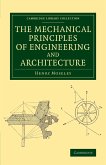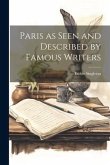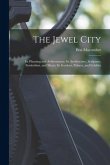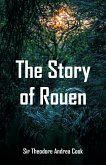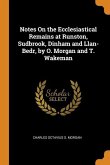William Henry Hudson (1862 - 1918) was Professor of English Literature at Stanford University. In July of 1769 a group of men came from San Fernandez de Villicata to the Bay of San Diego. Their goal was the political and spiritual conquest of the great Northwest coast of the Pacific. Carlos III hoped "to establish the Catholic faith among a numerous heathen people, submerged in the obscure darkness of paganism, and to extend the dominion of the King, our Lord, and protect this peninsula from the ambitious views of foreign nations." For nearly nineteen years after his arrival in Mexico, Father Junipero was engaged in active missionary work, mainly among the Indians of the Sierra Gorda. He was then asked to head up the missions in California. This is the story of his work and the early missions.
Hinweis: Dieser Artikel kann nur an eine deutsche Lieferadresse ausgeliefert werden.
Hinweis: Dieser Artikel kann nur an eine deutsche Lieferadresse ausgeliefert werden.

